Self-Entitled Marketing
The concept of "Permission Marketing" has been around for some time. Popularized by marketing guru and author Seth Godin, it essentially boils down to marketers asking for "permission" before advancing to higher levels of engagement or a purchasing process with customers. It's often contrasted with what Godin likes to call "interruption marketing," the practice where advertisers try and "interrupt" a person's normal pattern through an advertising blitz (such as a billboard, tv commercial, magazine ad, etc.).I believe that a better descriptor for interruption marketing and stronger contrast to permission marketing is the idea of "self-entitled" marketing. Self-Entitlement generally refers to the idea that one feels they deserve access, privileges, or rights without regard to others and (whether it is deserved or not). It's narcissistic. And it's also the approach that many brands take to spread their message.Godin's describes permission marketing by writing, "Permission is like dating. You don't start by asking for the sale at first impression. You earn the right, over time, bit by bit." Self-entitled marketing is like asking for a long-term commitment with the first impression. Billions of dollars are wasted every year built on this concept. People believe that if their jingle is clever enough, if the design is eye-catching enough, and if the ad is big enough, that it will pay for itself. Metrics and analytics for this type of approach are scattered at best so with a twist of the numbers, the act has been justified, and the cycle continues.Are you courting your prospects or treating them like they can be bought?
